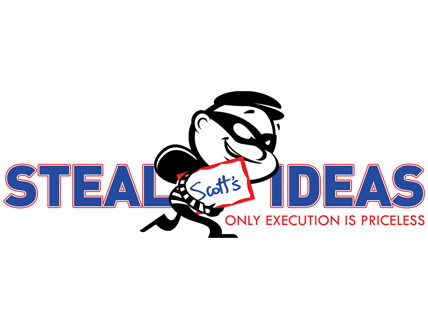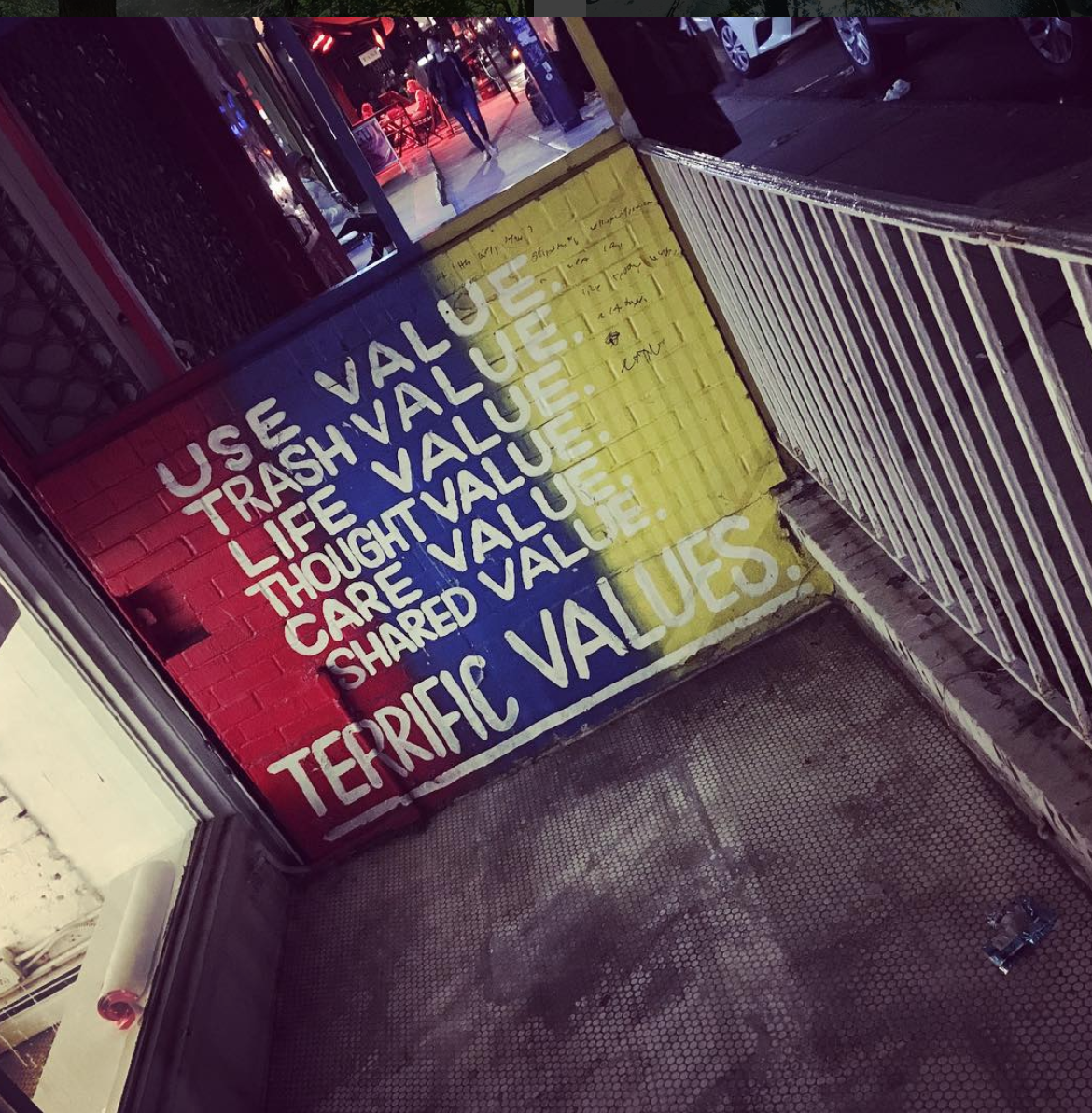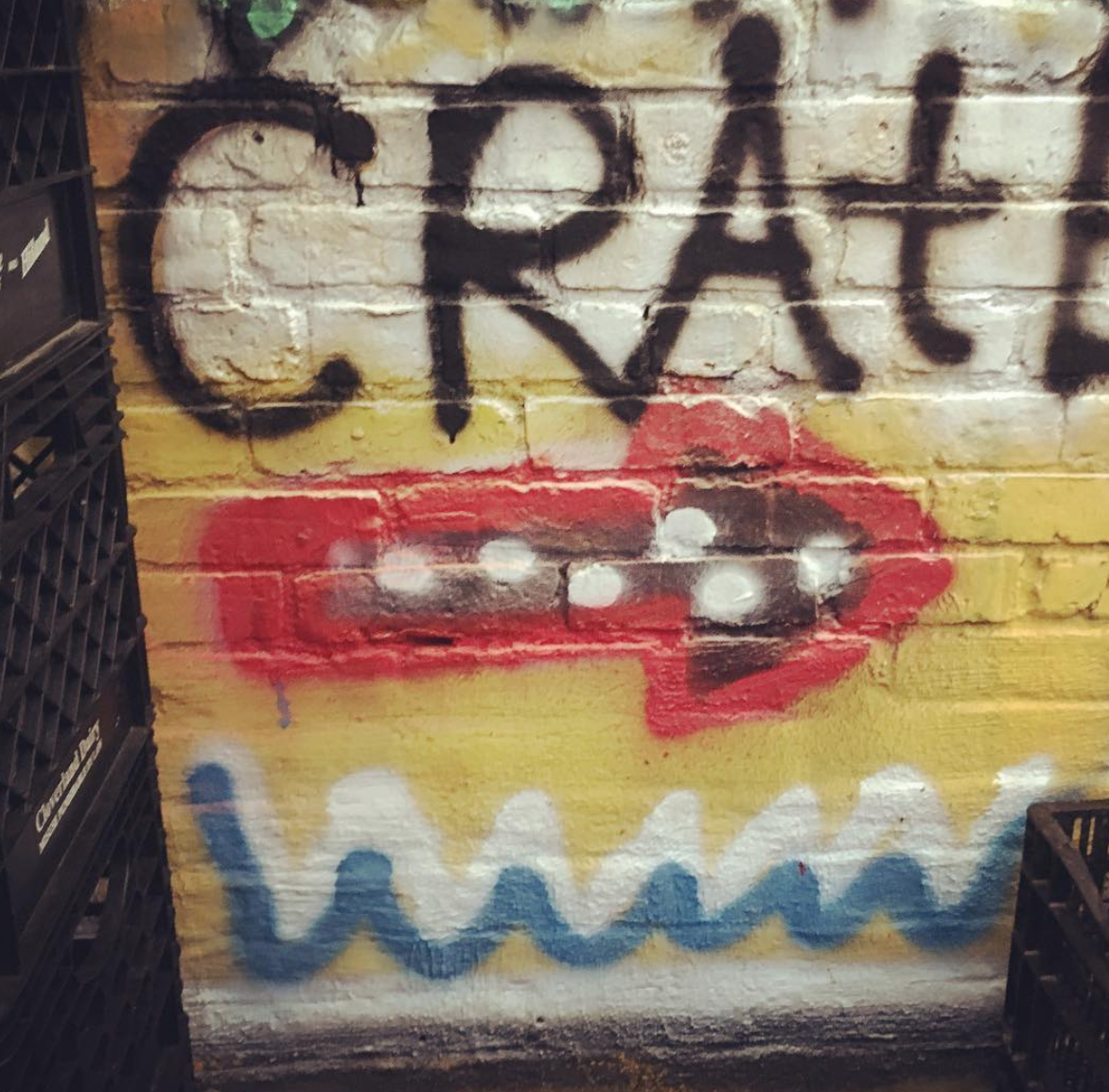
Net worth is defined as the total assets minus total outside liabilities of an individual.
But that’s purely in economics terms. And any problem that can be solved with money isn’t all that interesting.
From an existential perspective, however, the term has a completely different meaning. Net worth is what you have when everything else goes away.
It’s that which nobody can steal from you. The love you can never lose. Assets and gifts and memories and relationships that truly belong to you and only you, regardless of what’s happening in the outside world.
Each time that I’ve been unemployed in my life, meaning, out of a job, not earning income and not contributing to the national economy, it always feels like a blow to my psyche. I just feel so useless and unwanted.
But what I try to remind myself is, although being unemployed might identify me, it doesn’t define me. It’s not the whole picture of who I am as human being. It’s merely one channel on my identity screen.
And what’s interesting is, each person has their own version of this trap.
Who am I without my precious ______?
It could be a career or a disease or an addiction or a personal narrative or a body part or a relationship or even a haircut.
But whatever our attachment is, the assumption is that if it were suddenly taken away, we be nothing. Our lives would crumble to dust. And nobody would even recognize us anymore.
Of course, that’s an ego trap. A materialistic misunderstanding about the true meaning of net worth.
If want to rebuild the self on a genuine foundation that nobody can take away from us, we must announce to ourselves that we have value independent of external constructs.
I am worthy and interesting without my work.
I have dignity separate from my worldly role.
I have value beyond what I can give, what I have, and what I can achieve.
I matter to the world apart from my brilliant career and my precious identity and the blanket of goods that surrounds me.
I feel whole and complete and satisfied and joyful regardless of the season of life I find myself in.
Sebastian was right when he told the little mermaid, there’s more to a woman than her flutter kick.
It’s time to finally break through the stifling limits of self, stand firm in our own worthiness and find the love we can never lose.
LET ME ASK YA THIS…
Who were you before the world told you who you needed to be?
* * * *
Scott Ginsberg
That Guy with the Nametag
Author. Speaker. Strategist. Inventor. Filmmaker. Publisher. Songwriter.
[email protected]
www.nametagscott.com
 Buy my latest devotional!
Buy my latest devotional!
A Year in Hot Yoga: 365 Daily Meditations for On and Off the Mat.
Now available wherever books are sold.
Namaste.

 Buy my latest devotional!
Buy my latest devotional! 

















